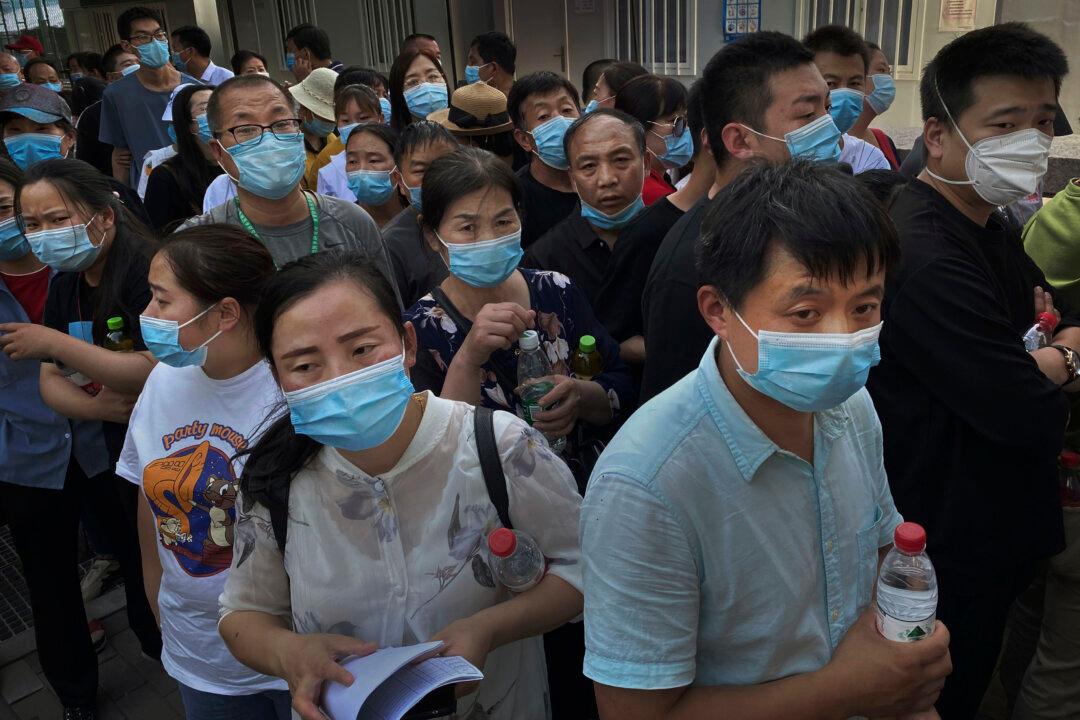BEIJING—China raised its emergency warning to its second-highest level and canceled more than 60 percent of the flights to Beijing on June 17 amid a new CCP (Chinese Communist Party) virus outbreak in the capital—warning the rest of the world about how tenacious this CCP virus really is.
New infections spiked in India, Iran, and U.S. states as authorities struggled to balance restarting economic activity without accelerating the spread of the pandemic.





